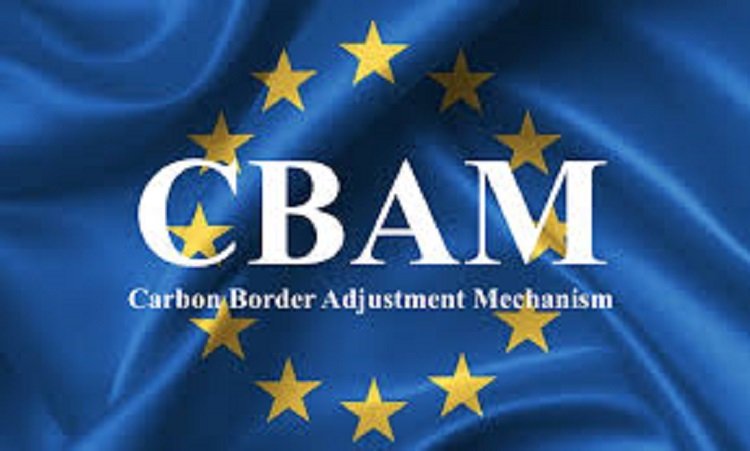Brussels (TDI): The Embassy of Pakistan in Brussels, in collaboration with the Ministry of Commerce and the European Commission, organized an informative session on the European Union’s Carbon Border Adjustment Mechanism (CBAM).
The session focused on sectors like cement, iron and steel, aluminum, fertilizers, electricity, and hydrogen, highlighting the potential impacts of CBAM on Pakistan’s exports to the EU, according to a press release.
Delphine Sallard from the European Commission’s DG Taxation and Customs Union (TAXUD) delivered an in-depth presentation on the regulations, explaining that CBAM is designed to address carbon leakage by imposing a carbon price on imports from non-EU countries.
The mechanism ensures imported goods bear the same carbon costs as EU-produced goods, encouraging global reductions in greenhouse gas emissions.
Also Read: Pakistan Eyes Pharma Export Growth in Europe
Sallard further outlined the impacts CBAM would have on Pakistan’s exports, noting that Pakistani exporters will need to measure, report, and reduce carbon emissions in their production processes.
Nasir Hamid, Additional Secretary at the Ministry of Commerce, urged Pakistani industries to adapt to the new regulations, emphasizing that compliance would be crucial for maintaining access to European markets.
Also Read: Pakistan exports rice to Iran
He commended Economic Minister Omar Hameed and the Pakistan Embassy in Brussels for raising awareness among Pakistani businesses about the upcoming EU regulations.
Farkhund Yousafzai is an Associate Editor at The Diplomatic Insight.



